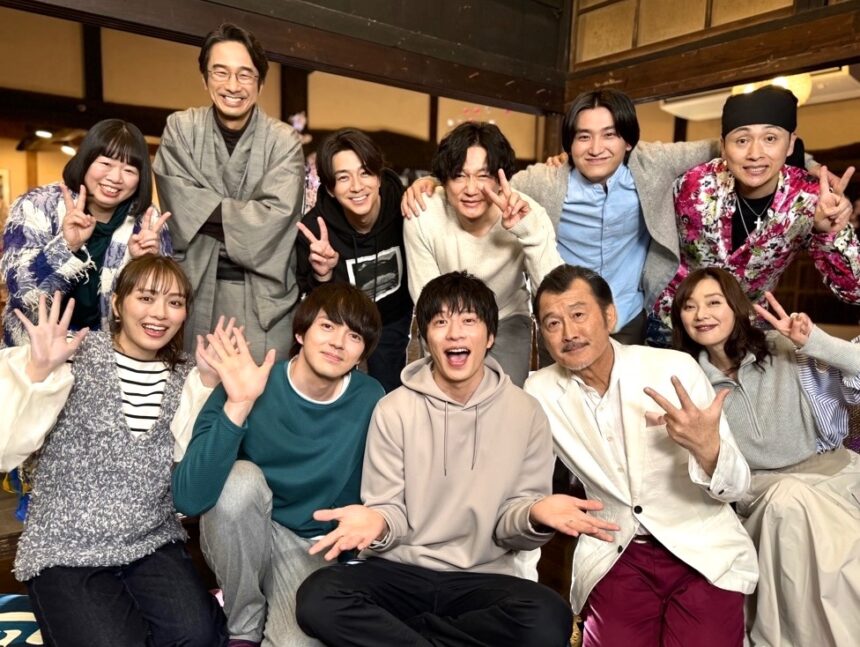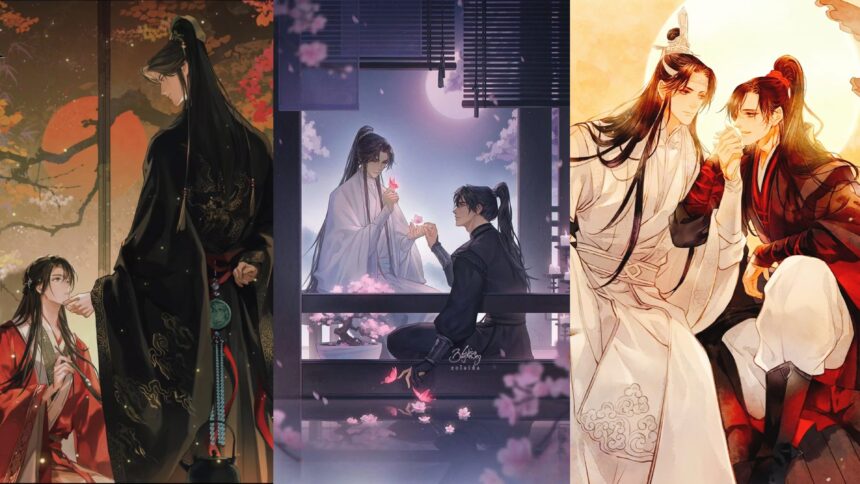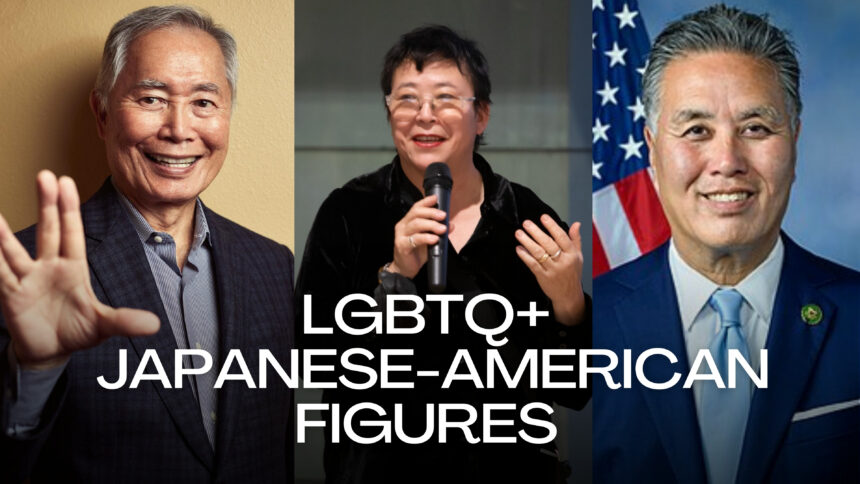Synopsis
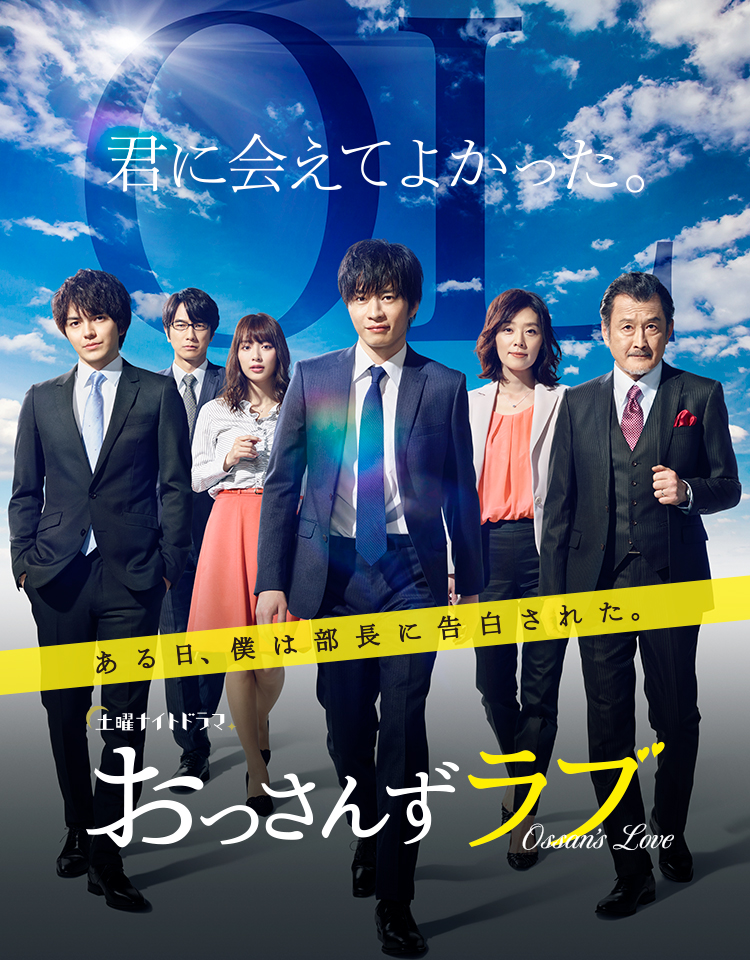
First aired as a special one-shot episode in 2016, Ossan’s Love, or “middle-aged man’s love,” is the tale of Soichi Haruta, a mid-30s real estate salesman who has long been in a dry spell, having been without a girlfriend for many years. After one drunken night too many, his mother (with whom he lives) moves out, leaving him to fend for himself.
He invites office newcomer Ryota Maki to move with him, as Maki is a talented cook, and knows how to manage a house. At the same time, Haruta discovers that his boss, Musashi Kurosawa, is in love with him. While still coming to terms with this, Maki confesses that he is also in love with his new roommate. How is Haruta going to handle this?
LGBTQ+ Representation in Ossan’s Love

Beware minor spoilers ahead!
One of the most important things to mention about the Ossan’s Love 2018 series is that it was one of the first mainstream same-sex comedy dramas released in Japan. While some of it may seem relatively normal to viewers in 2024, going through commentary from Japanese viewers at the time reveals that it appealed to an audience much more diverse than one might expect.
While BL manga and anime enjoys a significant amount of popularity among LGBTQ+ people (and our beloved fujoshi), Ossan’s Love was notable for how well it was liked by more general audiences, including older, typically more conservative men. Many viewers reported, “my dad and me love watching this!”. Japan is known for not being openly homophobic in the sense that people generally do not go out of their way to hurt others for their sexuality. However, it is more rare for people to show interest in lifestyles unlike their own.
Ossan’s Love is not the driving force behind the acceptance of the general public of same-sex relationships. That distinction goes to the tireless efforts and struggles of the Japanese LGBTQ+ community. The widespread acceptance and approval of a TV show like Ossan’s Love, however, does demonstrate how far the community has come. The first episode, which features a kiss in the shower between two of the male leads, was met with interest, not outrage.
But is it the show for you? I will do my best to avoid major spoilers, but be wary that from here on, the plot and characters will be more explicitly discussed.
My Thoughts
Style

The first thing that jumped out at me is that, like many Japanese comedy-dramas, many of the performers act in an exaggerated, almost anime-like fashion. For anyone not familiar with this style, this can be a little off-putting initially, as it doesn’t exactly scream realism. This is especially notable from the lead actor, Kei Tanaka, who portrays Haruta. That being said, this style can make both more extreme moments feel more natural (such as when Haruta screams, “I like girls with big breasts!” to no one in particular in a deserted park) and accentuate the more serious moments. Although Haruta is generally seen as a slightly bumbling figure, what attracts his suitors is not just his boyish charm, but his heart of gold. A touching moment as he saves the relationship of a couple searching for an apartment early in the series comes to mind.
Best Supporting Actor
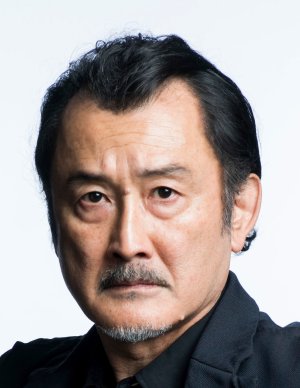
The real MVP of the series, however, to my mind, is Kotaro Yoshida as Kurosawa, the amorous boss seeking Haruka’s affections. His performance brings both excellent comedic performances, most notably when this mid-50s character acts like a love-struck teenager, as well as more quiet, somber moments. He excels not just as a funny man chasing his employee, but also as a dignified boss and, crucially, a man torn between his new desires and his old life.
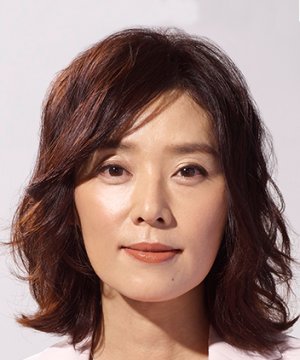
Kurosawa begins the series married to Choko Kurosawa, and he is eventually forced by his conscience to tell her that he wants to get divorced, and that he now has feelings for a man. Nevertheless, she is deeply important to him as a person in his life, and wants her to understand that he can no longer live without being true to himself. Choko’s story, too, is one tinged with both humor and sadness, and as a subplot it is, to my mind, the strongest in the show, as the two characters navigate their feelings.
Kento Hatashi’s Maki is also a strong character, and his performance is another blend of comedy and drama, yet more understated than Tanaka’s Haruta. The conclusion of the first episode, when he confesses his love, has an especially strong moment of a funny line delivered with emotional conviction.
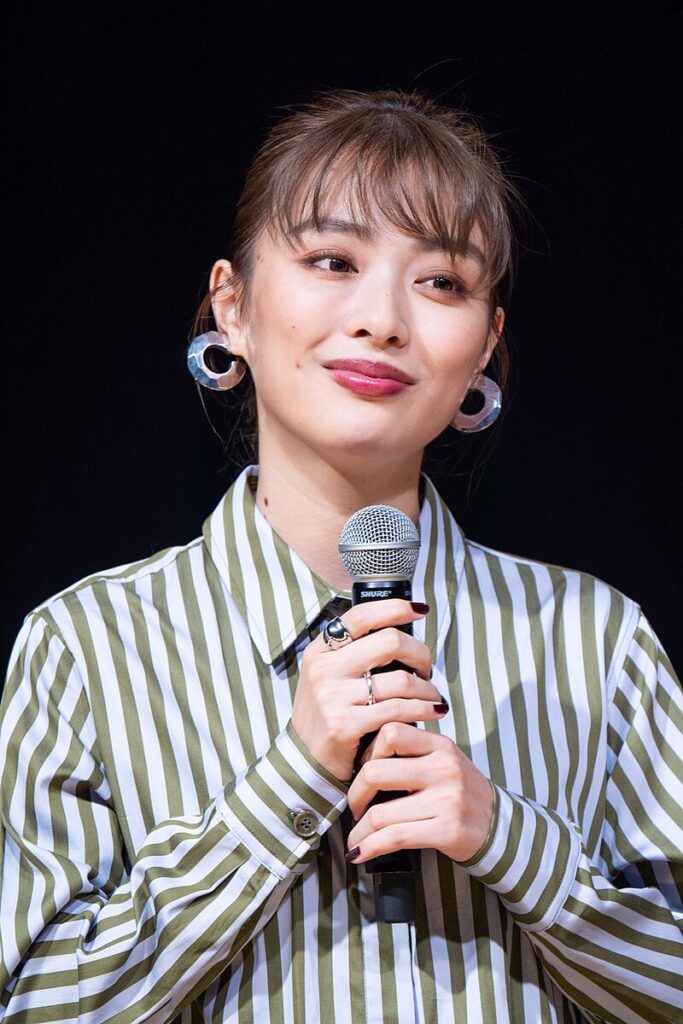
Among other cast members, my personal favourites were Rio Uchida as Haruta’s friend and confidant Chizu, who is the first to tell him, “who cares if your boss is a man? If he’s a good person that you like, what’s the problem?”. Another minor yet deeply funny character is Kazuya Kojima’s Teppei, the owner of an izakaya who strives to make original and unusual dishes, such as fish soaked in yogurt, or a sour, lemon curry. One of Haruta’s funniest deadpan laughs comes when he is served chicken wings drenched in caramel as a dessert, prompting his dry judgement: “I no longer believe you are human.”
Conclusion
For first-time viewers of Japanese drama, the style may take some getting used to, being generally very different to the style of sitcoms that Western audiences have become accustomed to. But if you give it a chance, you’ll find that this is a show with heart and care, as well as hilarious jokes and situations. Additionally, although it is a little older now, having been released nearly seven years ago, Ossan’s Love is a landmark in BL programming, and should not be missed by aficionados of the genre. At only seven episodes long, it is a little short, but there are sequels to follow up with, so you can spend more time with these deep, interesting, and hilarious characters.

